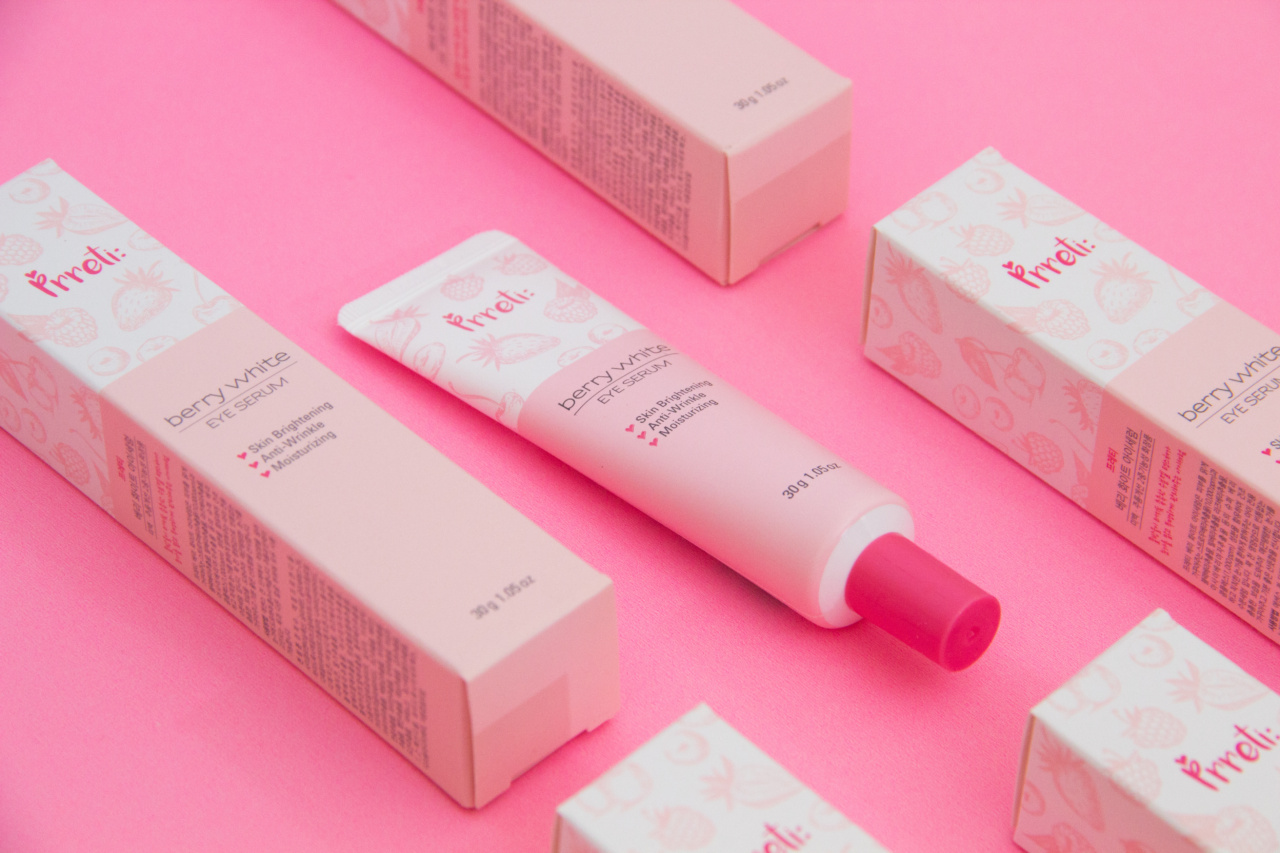Health insurance is a crucial aspect of any individual’s healthcare plan. It provides financial protection and access to necessary medical treatments. However, there is often confusion when it comes to the coverage of cosmetic procedures.
Many people wonder if health insurance covers cosmetic procedures and to what extent. In this article, we will explore the details of health insurance coverage for cosmetic procedures, including what is typically covered and what is not.
What are Cosmetic Procedures?
Cosmetic procedures are medical treatments that are aimed at enhancing a person’s physical appearance. These procedures are typically elective and are not considered medically necessary.
Cosmetic procedures can range from simple treatments such as Botox injections and chemical peels to more complex surgeries like breast augmentation or rhinoplasty.
Health Insurance and Cosmetic Procedures
In most cases, health insurance does not cover cosmetic procedures. Health insurance is primarily designed to cover treatments that are medically necessary to improve or maintain a person’s health.
Cosmetic procedures, being elective and non-essential, do not meet the criteria for coverage under most health insurance plans.
However, there are exceptions to this general rule. Some health insurance plans may provide limited coverage for certain cosmetic procedures if they are deemed medically necessary.
For example, reconstructive surgery following a mastectomy due to breast cancer may be covered by health insurance. Similarly, procedures to correct significant physical deformities or disfigurements caused by accidents, injuries, or congenital conditions may also be covered.
Factors Affecting Coverage
The coverage of cosmetic procedures by health insurance can be influenced by various factors. These factors include the individual insurance policy, the specific health insurance provider, and the nature of the procedure itself.
Insurance Policy: Each insurance policy has its own coverage limitations and exclusions. It is essential to review the policy documents and understand the terms and conditions.
Some policies may explicitly exclude coverage for all cosmetic procedures, while others may have specific criteria for coverage.
Insurance Provider: Different health insurance providers may have varying coverage policies for cosmetic procedures.
It is important to contact the insurance company directly to inquire about their coverage policies and any requirements or restrictions they may have.
Procedure Necessity: The medical necessity of a procedure is a significant deciding factor in coverage.
If a cosmetic procedure is deemed medically necessary to correct a functional impairment or address a significant physical deformity, health insurance may provide partial or full coverage.
Commonly Covered Cosmetic Procedures
While cosmetic procedures are generally not covered by health insurance, there are some exceptions. Here are a few cosmetic procedures that may be covered under specific circumstances:.
1. Reconstructive Surgery
Reconstructive surgery is often covered by health insurance. It involves restoring function and appearance to body parts damaged by trauma, accidents, birth defects, or cancer surgeries.
Examples of reconstructive surgeries include breast reconstruction after mastectomy, scar revision, and correction of cleft lip or palate.
2. Plastic Surgery for Medical Conditions
Plastic surgeries performed to treat certain medical conditions, such as skin grafting for severe burns or surgeries to remove tumors, may be covered under health insurance plans.
3. Corrective Jaw Surgery
Corrective jaw surgery, also known as orthognathic surgery, may be covered if it is necessary to improve the alignment of the jaw, correct breathing difficulties, or alleviate chronic pain caused by a significant jaw abnormality.
4. Eyelid Surgery for Vision Improvement
Eyelid surgery, known as blepharoplasty, may be covered by health insurance if it is performed to correct impaired vision caused by drooping eyelids.
5. Rhinoplasty for Breathing Difficulties
Rhinoplasty, or nose surgery, may be covered if it is necessary to correct a deviated septum or other structural abnormalities causing breathing difficulties.
Commonly Excluded Cosmetic Procedures
While there may be exceptions, many cosmetic procedures are generally excluded from health insurance coverage. These include:.
1. Breast Augmentation or Reduction
Breast augmentation or reduction for cosmetic purposes is usually not covered by health insurance.
However, if the procedure is necessary to alleviate physical discomfort or correct a significant breast size asymmetry, it may be partially or fully covered.
2. Liposuction
Liposuction, a procedure to remove excess fat from specific areas of the body, is often considered a cosmetic treatment and is not typically covered by health insurance.
3. Botox Injections
Botox injections, which are commonly used to reduce the appearance of wrinkles and fine lines, are generally excluded from health insurance coverage as they are considered cosmetic in nature.
4. Hair Transplants
Hair transplant procedures, performed to treat male or female pattern baldness, are usually considered cosmetic and are not covered by health insurance.
5. Facelift or Facial Rejuvenation Surgery
Facelifts and other facial rejuvenation surgeries are typically elective and are not covered by health insurance.
Appealing for Coverage
If you believe that a cosmetic procedure is medically necessary and should be covered by your health insurance, you can appeal the insurance company’s decision. Contact your insurance provider and ask for their appeals process.
Make sure to provide all necessary supporting documentation from healthcare professionals, including medical records and notes, to strengthen your case.
It is important to note that the success of an appeal is not guaranteed, and coverage decisions ultimately depend on specific insurance policies and medical justifications.
Conclusion
Cosmetic procedures are generally not covered by health insurance due to their elective nature.
However, there are exceptions for certain procedures that are deemed medically necessary to restore function, correct significant deformities, or address health-related concerns. Understanding your insurance policy and the specific coverage criteria for cosmetic procedures is essential for making informed decisions and managing your healthcare expenses.

























